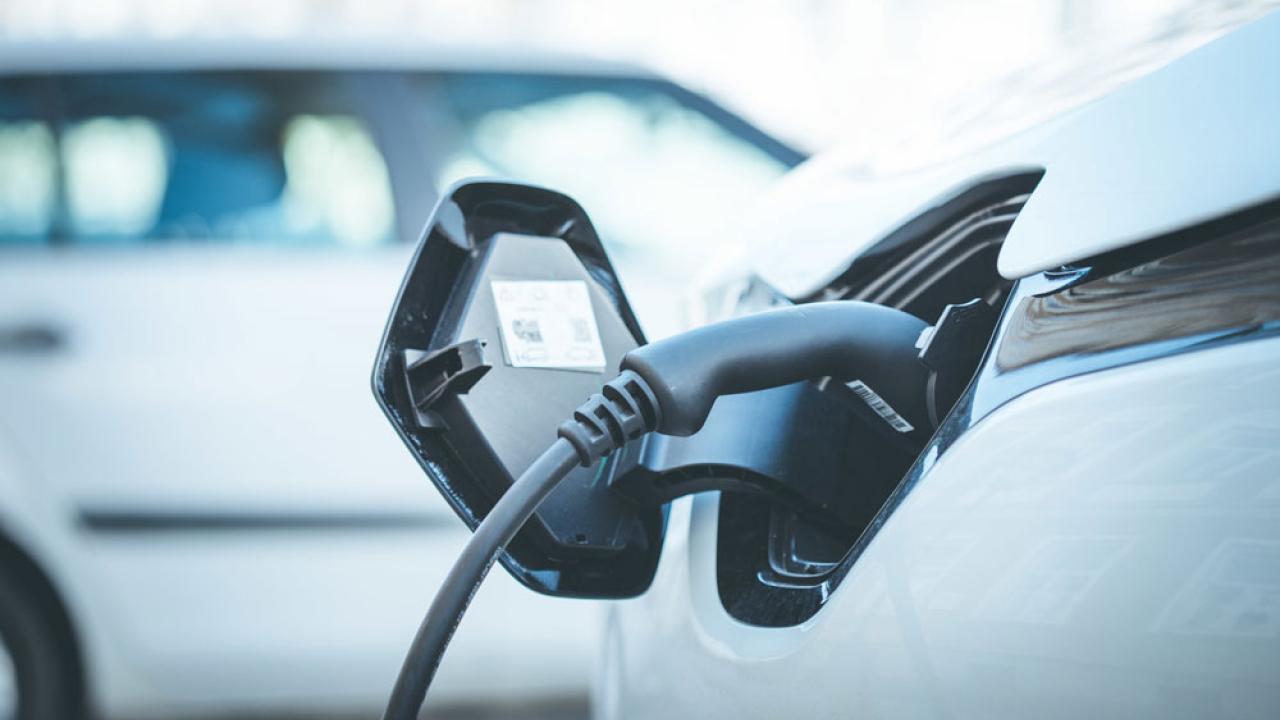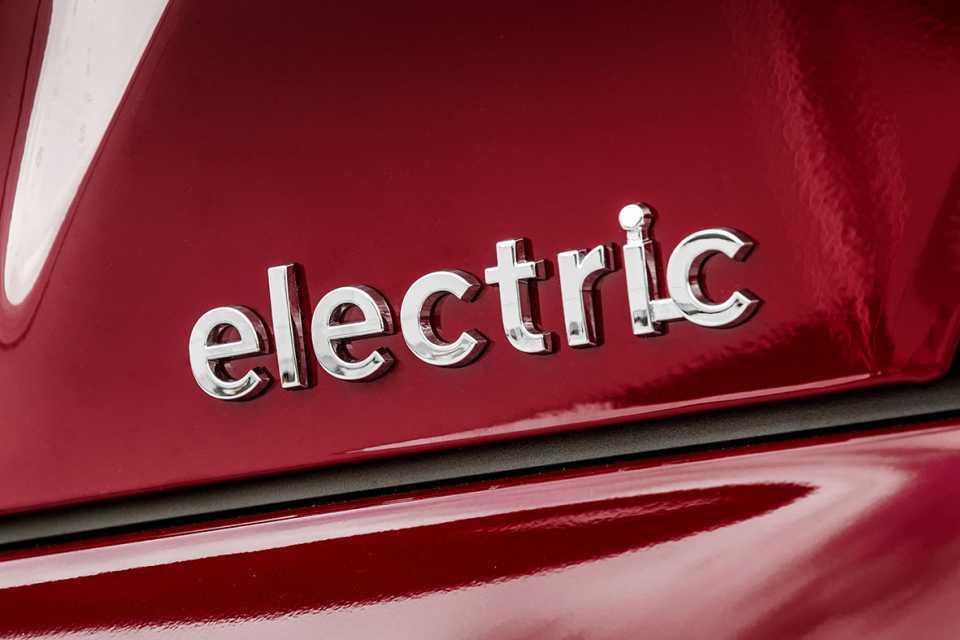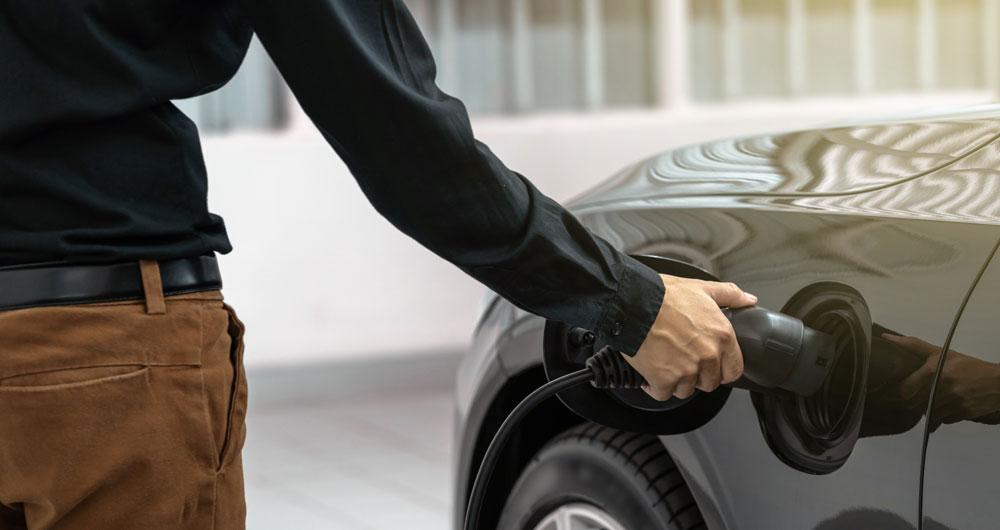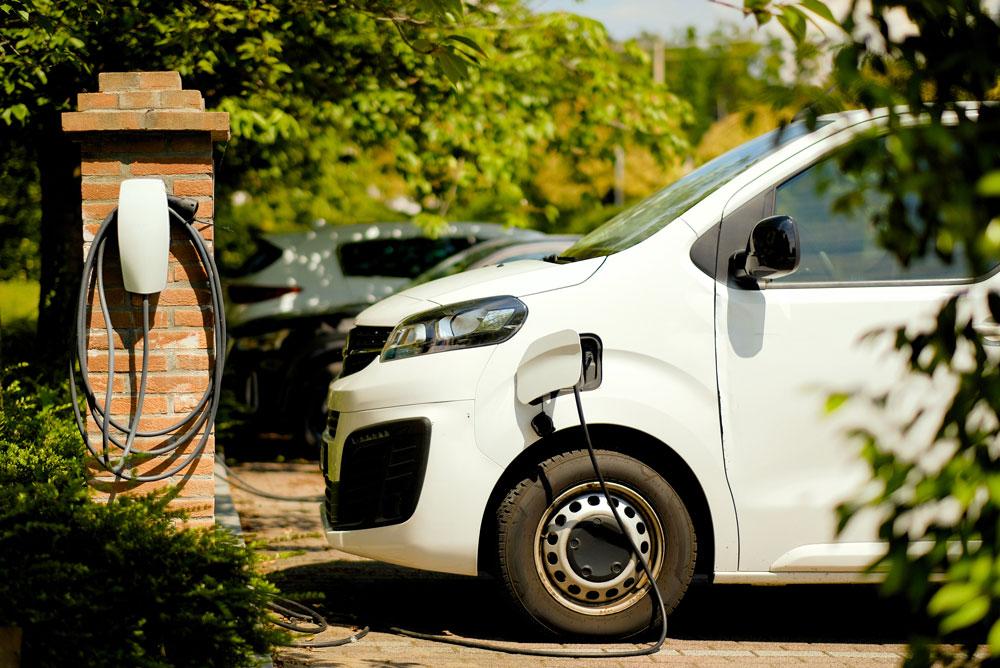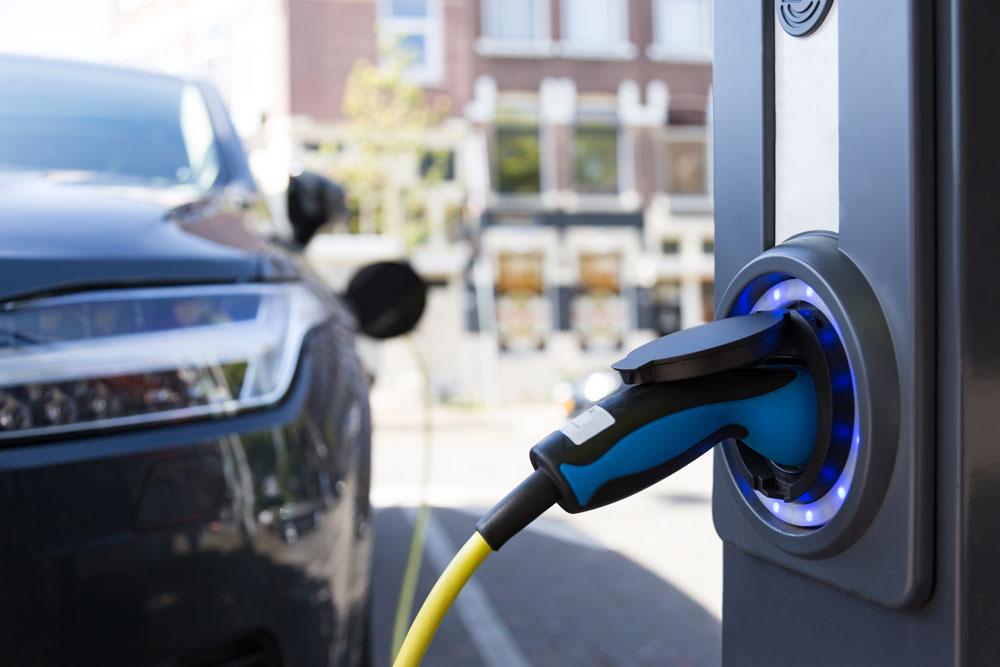Fleets are continuing to lead the transition to battery electric vehicles (BEVs). Of the 24,359 new BEVs reaching the road in November, 77.4% were taken on by fleets and businesses, according to the SMMT.
While overall BEV volumes fell by -17.1% in November, leading to a reduced market share of 15.6%, last November was atypical with significant deliveries following supply chain disruptions.
Year to date, BEV uptake is up 27.5% with a 16.3% market share – expected to rise to 22.3% next year.
The SMMT says that incentives need to be given to consumers to purchase EVs. This could include halving VAT on new BEVs and reducing VAT on public charging to 5% in line with home charging.
Even more urgent is the need to delay tougher new UK-EU Rules of Origin which will begin on 1 January 2024, the SMMT warns. Failure to postpone these rules would see EVs traded both ways incur tariffs that would raise prices for consumers at a critical moment in the transition. With less than four weeks to go, carmakers and governments on both sides of the Channel have called for a common sense approach to retain the current EV battery rules for a further three years, which will support consumer choice and affordability.
Overall, the UK new car market grew by 9.5% in November to reach 156,525 units. Again, growth was driven entirely by fleets investing in the latest vehicles, with registrations rising 25.4% to account for 93,049 units and 59.4% of the market.
Mike Hawes, SMMT Chief Executive, said: "Britain’s new car market continues to recover, fuelled by fleets investing in the latest and greenest new vehicles. With car makers gearing up to meet their responsibilities under new market legislation, and COP28 currently underway, now is the time to take sensible steps that will multiply that economic growth and minimise carbon emissions. Private EV buyers need incentives in line with those that have so successfully driven business uptake – and workable trade rules that promote rather than penalise the transition."

